
by Sue Weems |
Valentine’s Day has a complicated history depending on who you ask. It’s been called a celebration of a martyr, a festival heralding a coming spring, and a holiday for lovers.
But you don’t have to frame it as a romantic holiday to have fun with one of these fun writing prompts today.
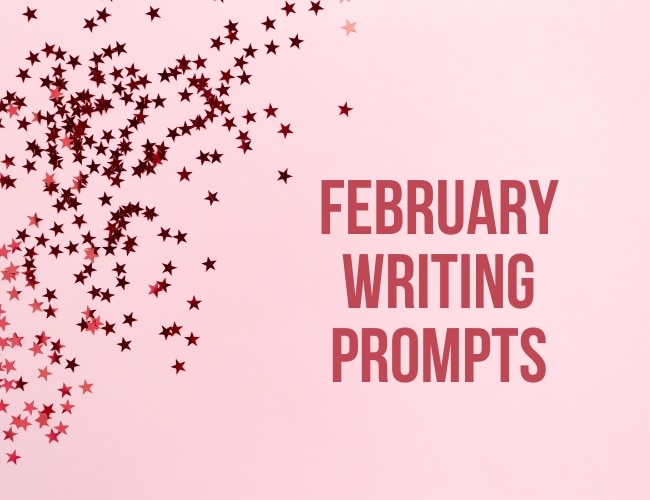
by Sue Weems |
The shortest month of the year is here, and with it we have some creative writing prompts to keep you warm and writing all month long. Check out our February writing prompts today.
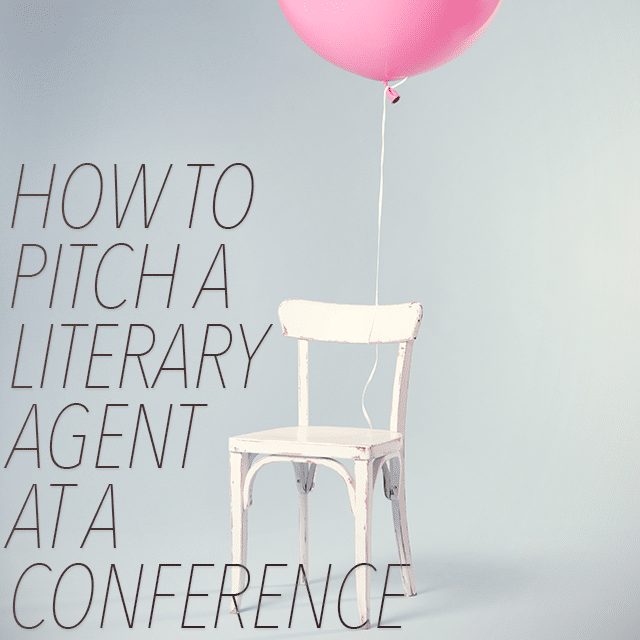
by Monica M. Clark |
A pitch session is a five to ten minute period of uninterrupted time with an agent. Here’s how to make the most of that opportunity.
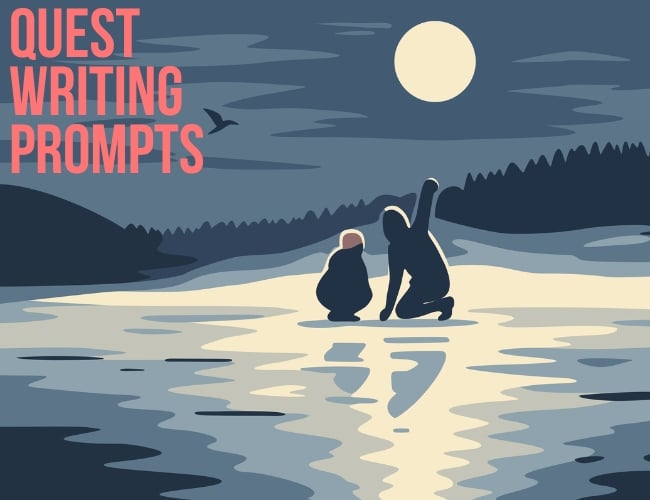
by Elizabeth Nettleton |
If you want to send your character on an adventure but aren’t sure where to start, look no further. Today, we have twenty new quest writing prompts to challenge your protagonist (and their friends, too) and send them on the journey of a lifetime. Until their next quest, that is.
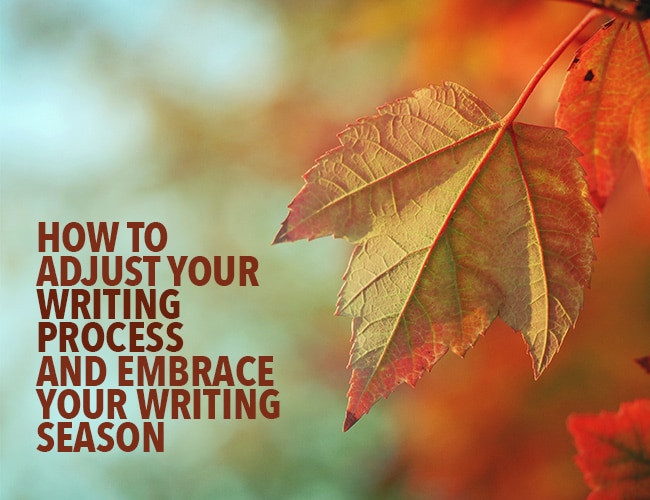
by Sue Weems |
Writer’s anxiety is often caused by a belief that I MUST BE WRITING ALL THE THINGS ALL THE TIME. It simply isn’t true. Even those who write full time recognize that there are seasons to writing, just as there are seasons of life.
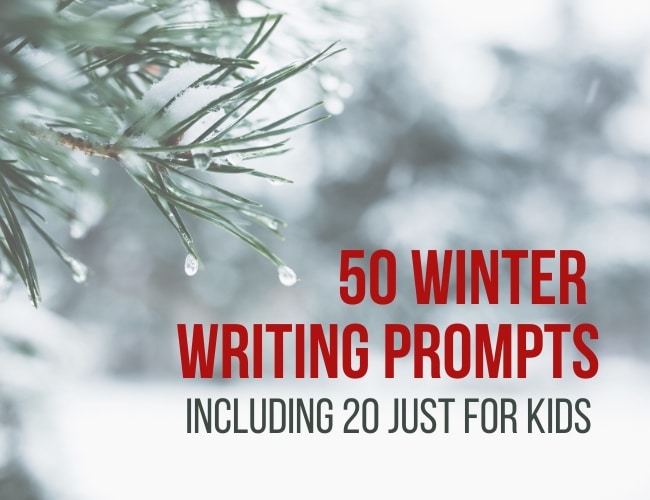
by Sue Weems |
The winter season may evoke mixed emotions for you as a writer, depending on where you live and your experiences. But these winter writing prompts for adults AND for kids can help you explore this season and make the most of your winter months.








